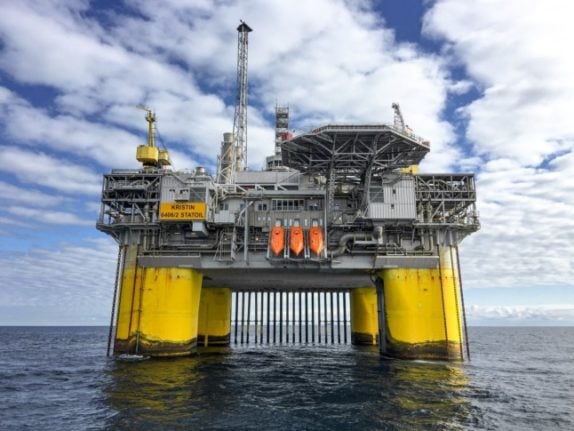The British defence group, along with the US firms Aecom, Fluor and Huntington Ingalls Industries have been banned for producing components to build nuclear weapons, the central bank said.
The fund has banned BAE Systems in the past but later re-introduced the group and Italy's Finmeccanica, now called Leonardo, after their joint venture, missile maker MBDA, stopped producing ASMP-A nuclear warhead missiles for the French army.
This time, BAE Systems is accused of having signed a 2015 agreement with the US authorities for the maintenance and modernisation of the Trident and Minuteman III intercontinental ballistic missiles.
Honeywell International, which has been blacklisted since 2005, was confirmed to be banned for similar reasons despite the group's recent assurances that it does not produce nuclear missiles or warheads.
The fund has also banned Taiwanese Evergreen Marine, South Korea's Korea Line, Polish Atal and Thailand's Precious Shipping and Thoresen Thai Agencies for posing environmental risks or systematic human rights violations.
The South Korean shipping company Pan Ocean has also been placed under observation.
The fund, which has shares in some 9,000 companies around the world, must follow ethical rules which prohibit it from investing in companies that produce nuclear arms, tobacco, risk environmental damage, violate human rights, and groups deriving a large part of their business from coal.
Its decisions are all the more important since they are often followed by other investors.
Nearly 150 companies, including giants like Airbus, Boeing, British American Tobacco and Wal Mart, Rio Tinto and Philip Morris have been blacklisted. A dozen other groups are under observation.
READ ALSO: Norway wealth fund wants to invest in unlisted groups



 Please whitelist us to continue reading.
Please whitelist us to continue reading.